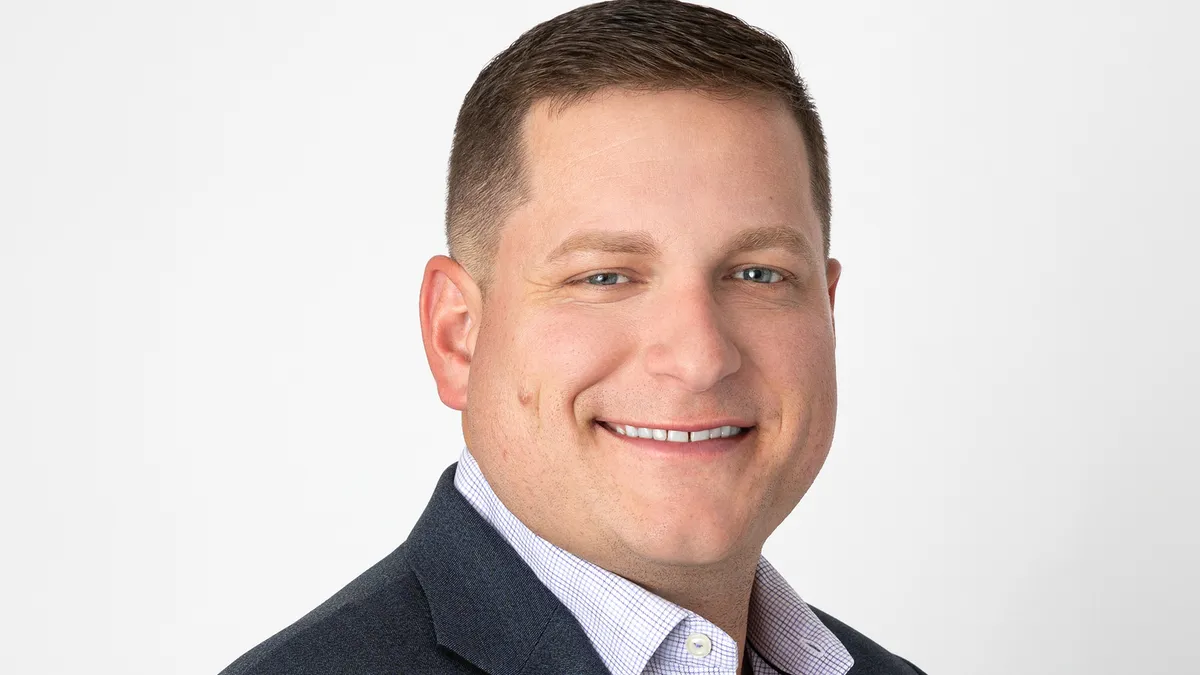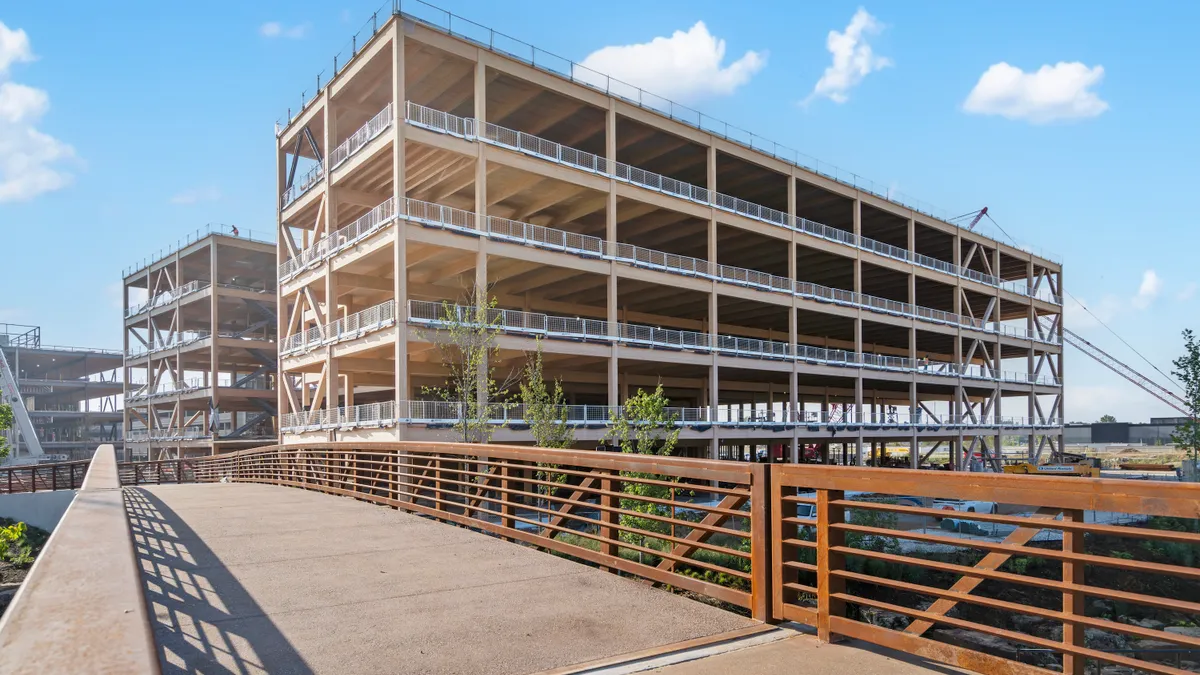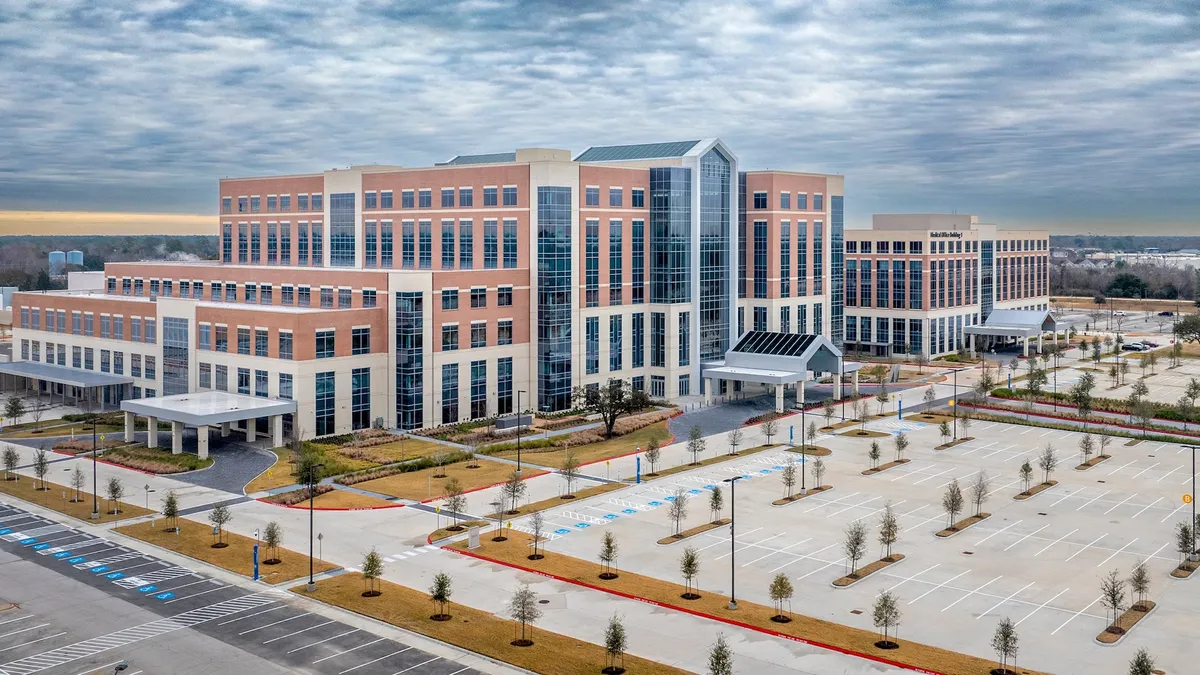Before Bryan Ehrlich founded NCE General Contractors in 2022, he had a brief stint as a quarterback on a professional football team.
Growing up, Ehrlich worked for his father’s construction company in San Antonio every summer after he turned 13. He played football at Newberry College in South Carolina and Texas A&M Kingsville, before he made the Arena Football League’s San Antonio Talons for a few practices.
Then, Ehrlich returned to his dad’s company, Central Builders, until he broke off to form retail-focused construction firm NCE, also in San Antonio.
In that time, NCE’s team of eight full-time employees has delivered projects throughout the Southeast, and Ehrlich says it continues to branch out into more renovation and expansion work across the county. And, despite hanging up his helmet and cleats about a decade ago, Ehrlich is still a partner and contract advisor for Generation Sports Group, a local NFL agency representing pro football players.
Here, Ehrlich talks with Construction Dive about the challenges his young company faces in developing subcontractor relationships and what skills he brings from the sports world.
The following has been edited for brevity and clarity.
CONSTRUCTION DIVE: What are your biggest challenges in recruiting and retaining skilled workers?
Bryan Ehrlich: We subcontract a lot of our trades. Since we are nationwide, finding those trades in the pockets that we're working in is obviously a little bit of the challenge. We're not doing the huge $10 million, $50 million projects, so it's hard to find subs that are willing to work on the scale that we need them to work on. I don't think of it as a challenge, it's more of an opportunity for us as a company.
Some of the people that I have working behind the scenes are developing relationships with smaller subcontractors and providing them with back office needs, telling them, “Your estimate is not going to be on a napkin,” or “Here’s the insurance you’re going to need.”
Again, it’s more of an opportunity to develop an up-and-coming company and try to make them a sustainable partner over a long period of time.
Is there one region you work in where it's harder or takes longer to develop that relationship?
As you get more remote in each area, that makes it more difficult in general. We’ve done work in some major cities, and then, for example, in Washington, North Carolina — located on the coast — and there’s not a whole heck of a lot of companies there. So that meant a lot of travel.
Convincing people to travel, convincing people you'll pay them on time. And then making sure that their paperwork is right, so all the qualifications meet what they need to meet and safety concerns and ensure lien relief. A lot of things that startups or newer companies or smaller companies that are jumping into this world don't have.
So I'd say North Carolina's probably one of the more difficult ones because there is a tier step to the licensing requirements, even for the subcontractors. If they're not an unlimited subcontractor, they can only take a contract up to $100,000, and now you have to talk to them about limiting scope of work or providing the financial requirements or documentation that they need in order to up their limits.
Managing risk is a big part of the industry as a whole. So, as the projects get bigger and the scopes get bigger and you're more isolated in your area, it just creates more stairs that we have to climb in order to get to the top.
I don’t want to ask you to give away any trade secrets, but is there a key to helping develop that relationship?
It's twofold. No. 1, you have to put in the work. There's no substitution for myself or one of our higher ups calling these people, talking to their owners and really laying that groundwork and letting them know, “This is who we are as a company. This is what you can expect from us. This is how you can expect payment from us.”
Especially as companies grow, that responsibility is diluted to an intern or it just goes down the rung because it's not as important. And I think you lose a lot of value whenever you don't have executive leadership doing those things.
No. 2 is listening. “Hey, what are your challenges? What are your financial limitations? What are your workforce limitations?” On a fast track project, I'm going to need 15 framers, for example. So calling and understanding not only what the challenges are of our specific project, but being able to go to the subcontractors and make sure you're very clear on what the expectations are.
How do you handle a hiccup or surprise in those expectations?
Working with them on a day-to-day basis. Every week we have a weekly meeting with a two-week look ahead. And a lot of people think that's time for the GC to demand what we're doing. And that's not what we do.
I tell everybody, “Guys, here's the two-week lookout, please review it. Please provide feedback.” And if there's feedback that we need, then we need to adjust. Some things obviously just can't move, that's just how the world works. But just sitting in those meetings, accepting feedback, being open to feedback and then adjusting as needed.
Are there any skills that you’ve taken the business of football to construction, or vice versa?
Resilience and the “never give up” attitude apply to both professions. I truly believe that no door is ever closed, and the answer “no” is just temporary.
If you continue to pursue the right things, and treat people right, it’s amazing how many doors re-open for you in both of these industries.






















